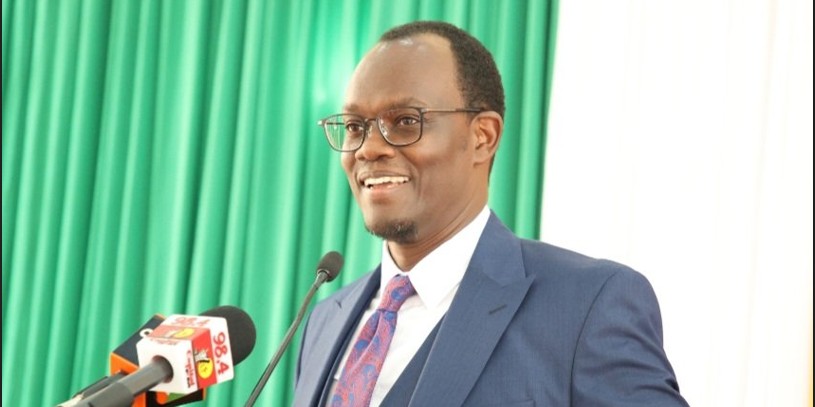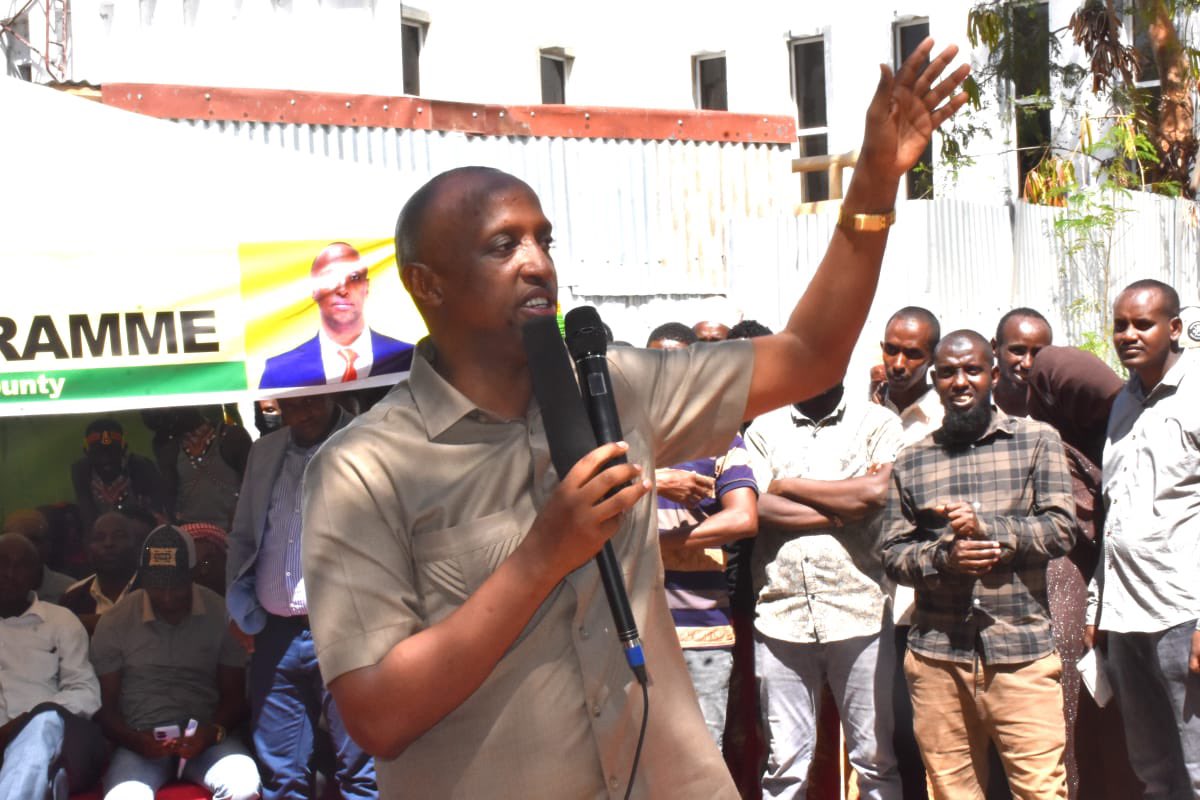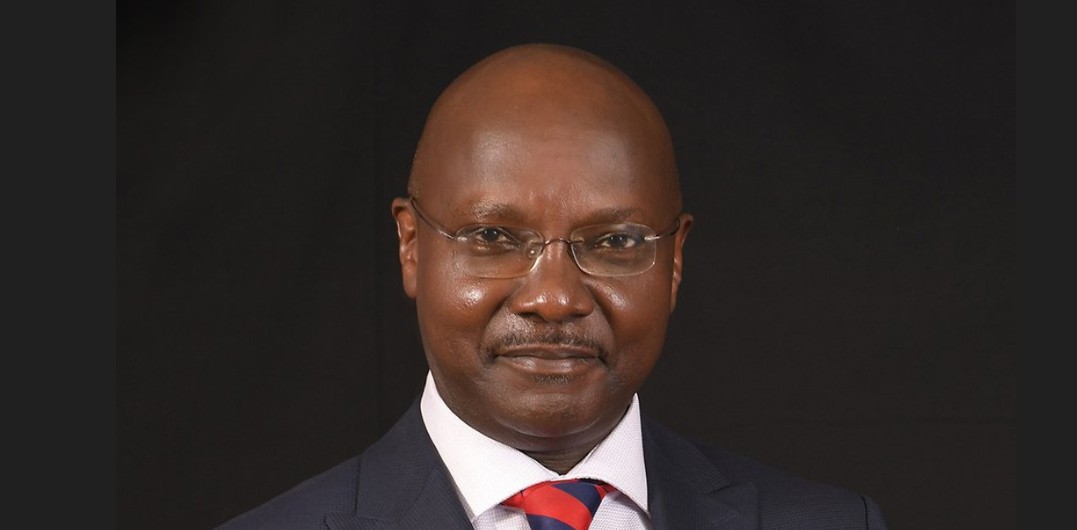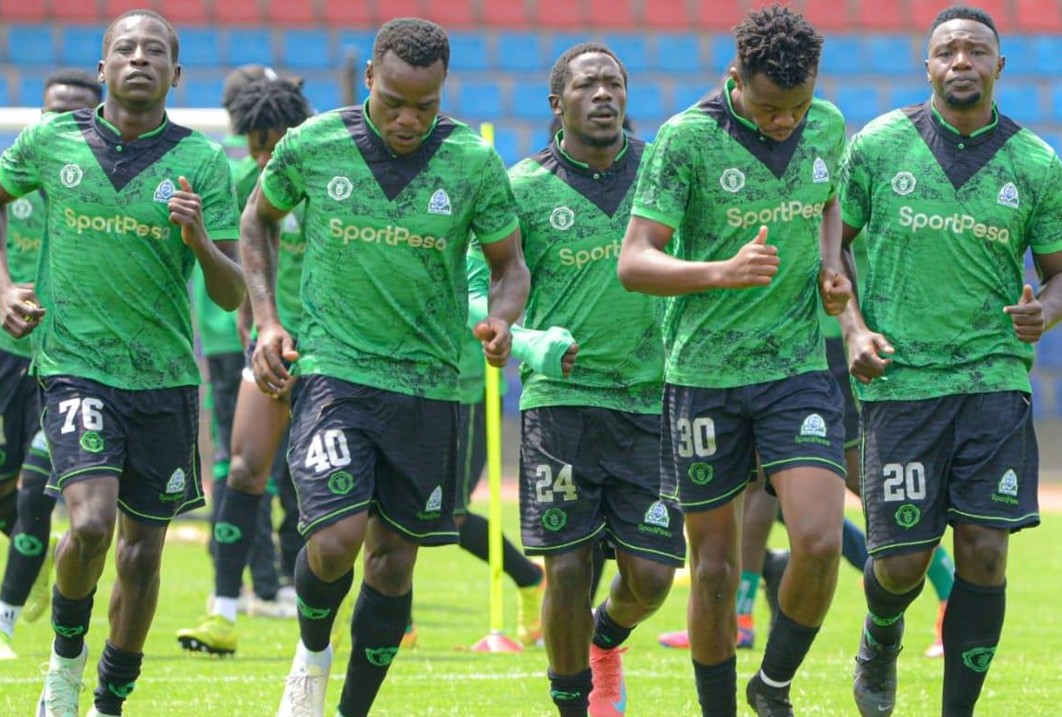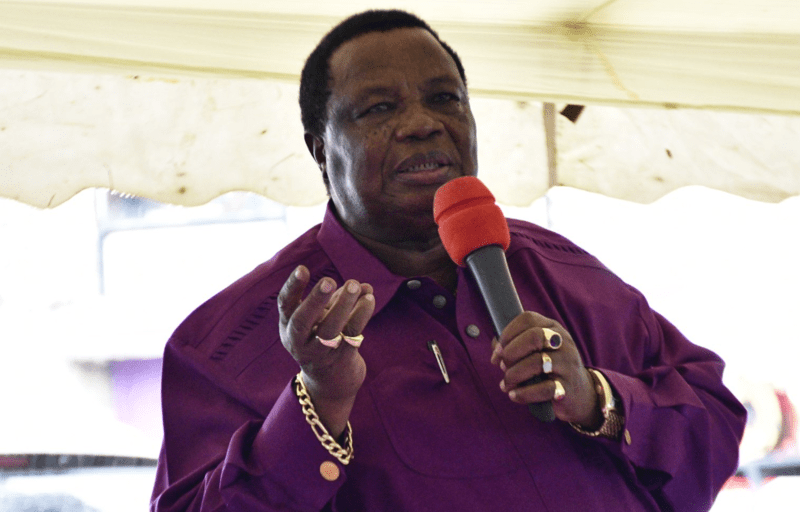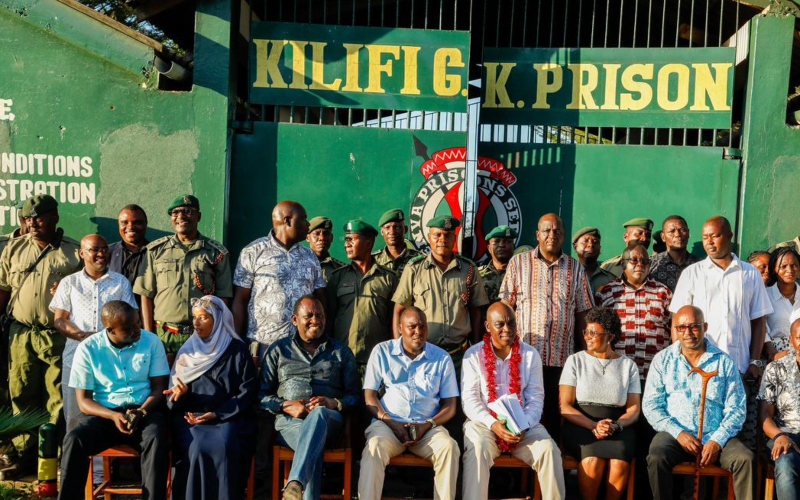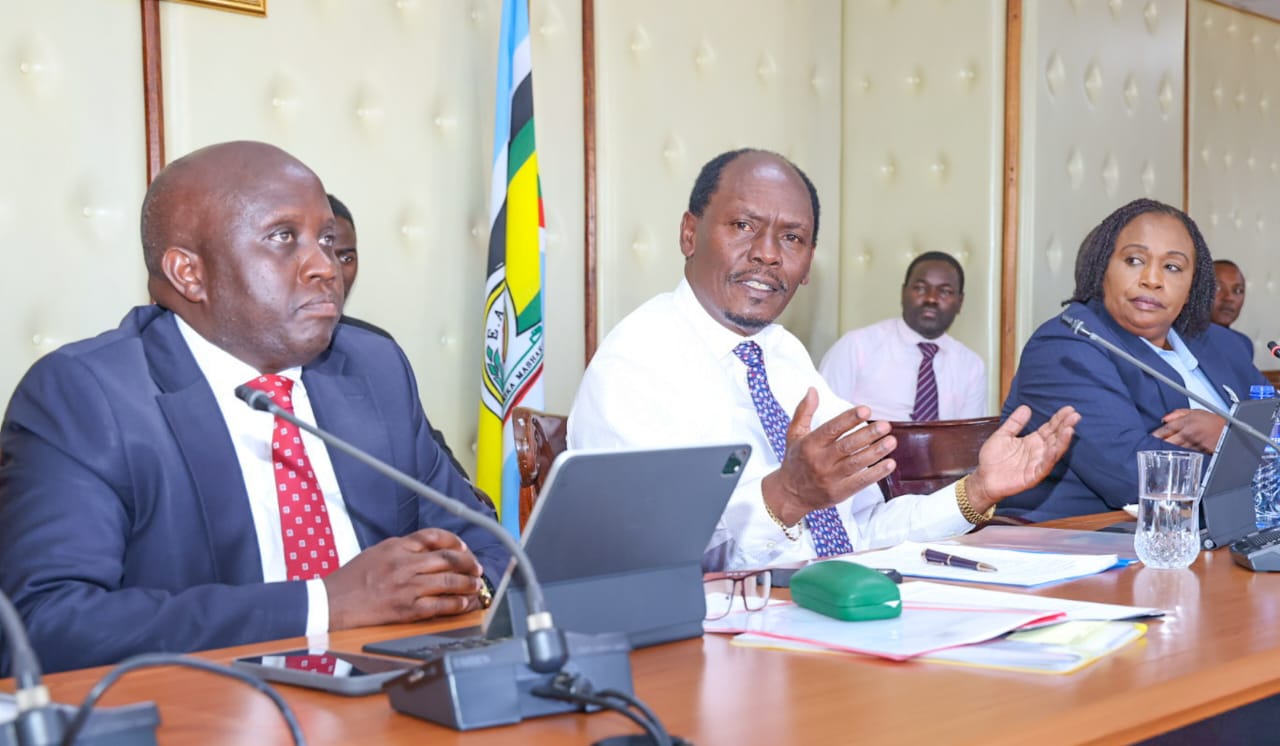Standoff as NPSC, NPS clash over recruitment of 10,000 police officers
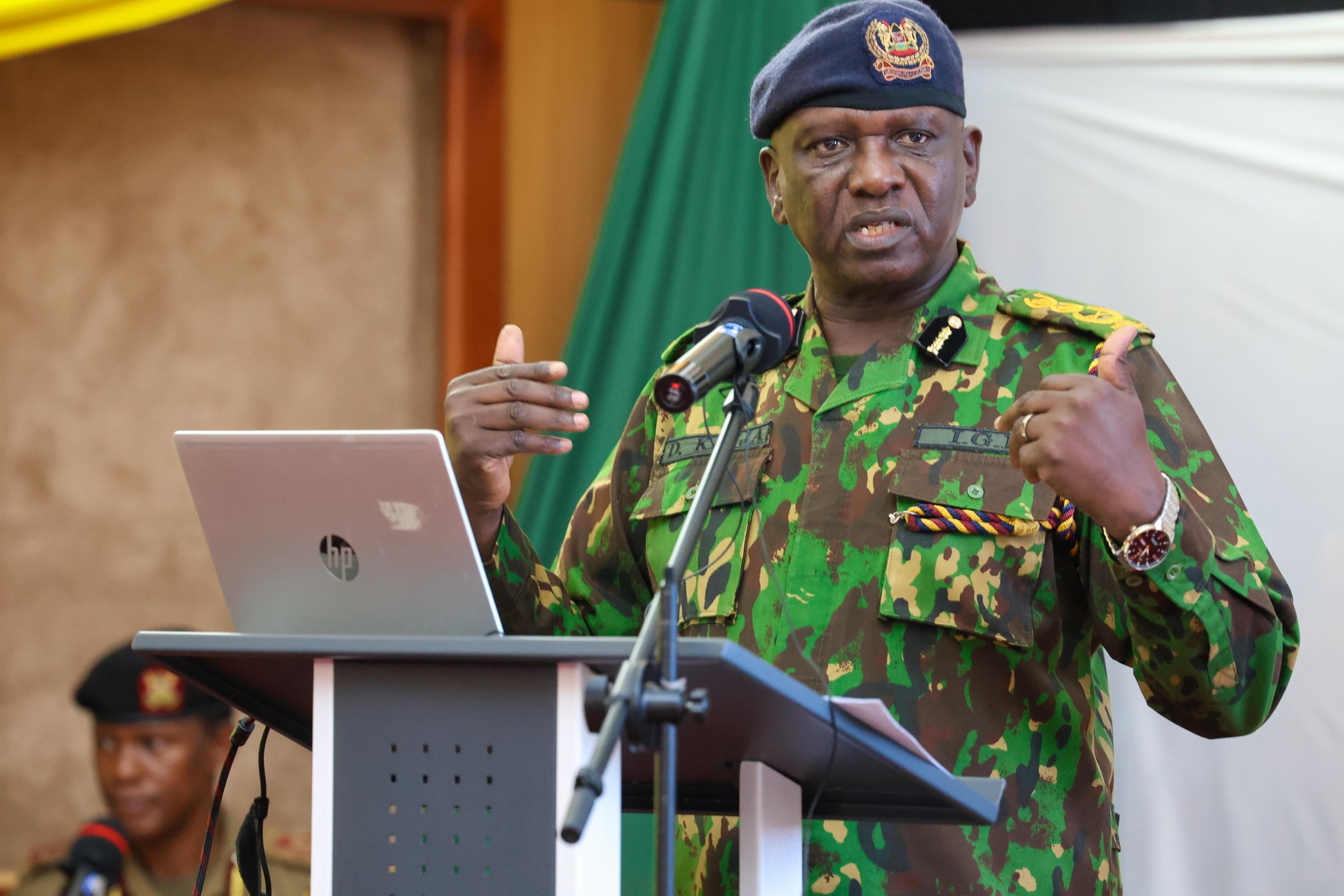
The standoff grew sharper yesterday when the NPSC announced it would publish advertisements for the vacancies tomorrow, with recruits expected to begin training on November 17.
A looming plan to enlist 10,000 police officers has been engulfed in confusion, with the National Police Service Commission (NPSC) and the National Police Service (NPS) locked in a contest over who should oversee the process.
The friction stems from questions of mandate and control, after it emerged that recruitment funds were placed under the NPS instead of the commission, which the Constitution designates as the employer.
More To Read
- Kenyans warned against fake police recruitment adverts as NPSC pledges transparent exercise
- International Justice Mission unhappy with debate over Ruto's police victims compensation team
- Kiambu court detains police officer accused of killing boda boda riders in Thika after drunken crash
- IPOA launches probe into fatal shooting of two boda boda riders by DCI officer in Thika
- Nearly 43 per cent of Kenyans report police abuse, study shows
- Justice and Equity Commission hails police brutality ruling, calls for immediate action
The standoff grew sharper yesterday when the NPSC announced it would publish advertisements for the vacancies tomorrow, with recruits expected to begin training on November 17.
Appearing on Tuesday before the National Assembly’s Administration and National Security Committee, commission chief executive officer Peter Leley explained that while they had sought Sh379 million for recurrent expenses in the 2025/26 financial year, only Sh75 million was set aside.
“Notably, the budget for recruitment was directly allocated to the National Police Service, a position confirmed by the National Treasury in a letter dated June 10, 2025,” Leley told legislators.
“This budgetary shortfall and misallocation severely undermine the commission’s ability to independently and effectively discharge its recruitment mandate,” he added.
For months, the two institutions have been unable to agree on how to carry out recruitment or manage the police payroll, despite presidential efforts to break the impasse. Inspector-General of Police Douglas Kanja assured MPs that a consensus would soon be reached on the date and procedure.
“Let me assure the country that the National Police Service and the commission work together. Very soon, we are going to carry out the recruitment,” Kanja said.
The NPSC delegation was led by chairperson Yuda Komora alongside commissioners, while the NPS was represented by IG Kanja, Deputy Inspector-Generals Eliud Lagat and Gilbert Masengeli, and Director of Criminal Investigations Mohamed Amin.
The team was required to outline measures aimed at ensuring integrity, inclusivity and public trust in the upcoming exercise. Leley stressed that the Constitution draws a clear line between the roles of the two agencies.
“Article 246(3)(a) of the Constitution mandates the commission to recruit and appoint persons into the National Police Service,” he said.
“This covers the entire process: advertising vacancies, shortlisting, conducting background checks, appointing recruitment panels, accrediting independent observers, publishing successful candidates, and submitting a comprehensive recruitment report to the President and Parliament.”
He clarified that the police service’s task begins only after the hiring is complete.
“The service’s responsibilities commence after recruitment by the commission. These include training, kitting, equipping and preparing officers for deployment,” Leley stated.
The CEO warned that previous attempts to transfer recruitment powers to the Inspector-General under Section 10(2) of the National Police Service Act had backfired.
“Though well-intentioned, this delegation has been prone to abuse, leading to widespread malpractices and irregularities in past recruitment exercises,” Leley said. “Historical instances of such delegation led to the annulment of entire recruitment drives, costing the government millions of shillings and eroding public confidence.”
He pointed to findings by the National Taskforce on the Improvement of Terms and Conditions of Service, which faulted the delegation of recruitment functions as a surrender of the commission’s constitutional mandate.
Komora affirmed that the commission is well-prepared to lead the exercise and close the country’s police-to-population gap. “We intend to use technology as we undertake recruitment,” he said.
“But we have noted concerns that some far-flung areas may lack network access. We will retreat and agree on the best way forward.” He emphasised that whether digital, manual or a mixture of both, the exercise would comply with existing regulations.
Committee chair Gabriel Tongoyo reminded both parties that Parliament expects a method that instils fairness and accountability. “We want you to agree on a recruitment method that guarantees fairness, transparency and accountability,” he said.
As the clock ticks toward the planned rollout, the stalemate has cast doubt on the independence of the NPSC and the credibility of the recruitment process. Both institutions now face increasing pressure to resolve their rivalry and reassure Kenyans that the exercise will be conducted openly and on merit.
Top Stories Today
